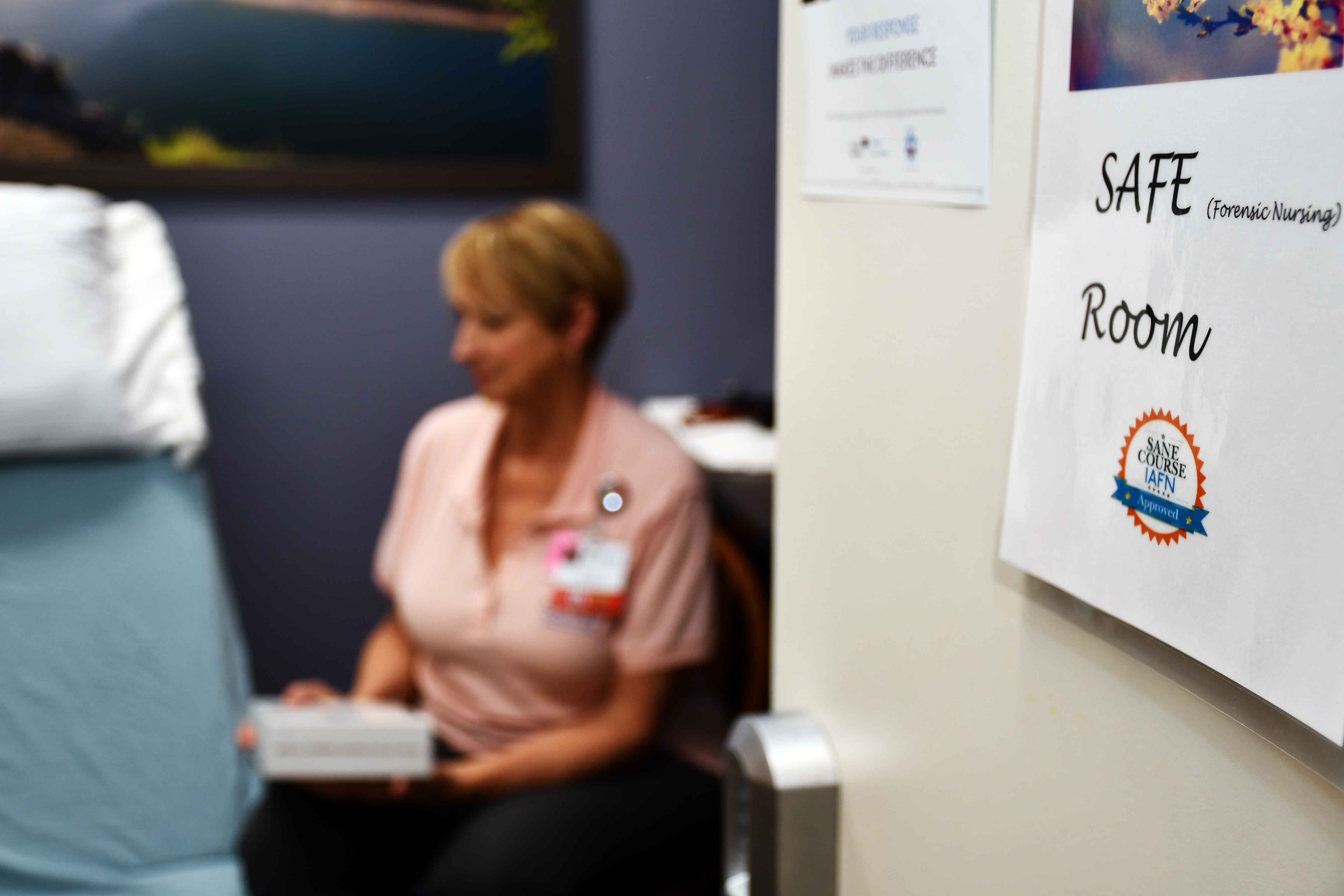Intimate Partner Violence: What it is and Why it Matters

May is National
Trauma Month, and The American Trauma Society is bringing attention to one of
the most critical trauma topics affecting America: intimate partner violence
(IPV). About one in four women and one in 10 men have experienced IPV in the
United States during their lifetime, according to the Centers for Disease
Control and Prevention (CDC).
IPV is abuse or
aggression that occurs in a romantic relationship and refers to both current
and former spouses and/or dating partners. It is usually associated with
physical harm; nearly 20 people are
physically abused by an intimate partner every minute in the U.S. But IPV can
include any of the following types of behavior:
- Physical
violence is when a person hurts or tries to hurt a partner by hitting, kicking,
or using another type of physical force.
- Sexual
violence is forcing or attempting to force a partner to take part in a sex act,
sexual touching, or a non-physical sexual event (i.e., sexting) when the
partner does not or cannot consent.
- Stalking
is a pattern of repeated, unwanted attention and contact by a partner that
causes fear or concern for one’s own safety or the safety of someone close to
the victim.
- Psychological
aggression is the use of verbal and non-verbal communication with the intent to
harm another partner mentally or emotionally and/or to exert control over
another partner.
Aspirus Health
wishes to show its support for IPV survivors and their families to increase
safety and lessen harms. The system provides examinations and treatment for
anyone who has experienced sexual violence through its Sexual Assault Nurses
Examiner (SANE) Program located at Aspirus Wausau Hospital (AWH)
Emergency Department. This program includes a nurse with special training in
helping adolescent and adult survivors, as well as a team of trained
caregivers.
“Many IPV victims
are hesitant to report IPV for a variety of reasons, including financial
dependence on a partner or fear of further abuse,” says Sandra Wolf, registered
nurse and SANE coordinator with Aspirus. “We encourage victims of IPV to reach
out and know that they are not alone.”
Support for
survivors of IPV is available. To reach SANE at AWH, call 715-847-2121. To
speak with someone anonymously, call the following 24/7 free confidential
hotlines below, or find a crisis hotline in your area at www.endabusewi.org/get-help/.